As Ghana prepares for its general election on December 7, public frustration over the country’s economic challenges, including soaring prices and high unemployment, has taken center stage.
The election is expected to test the nation’s democratic resilience, with widespread discontent over the current economic climate.
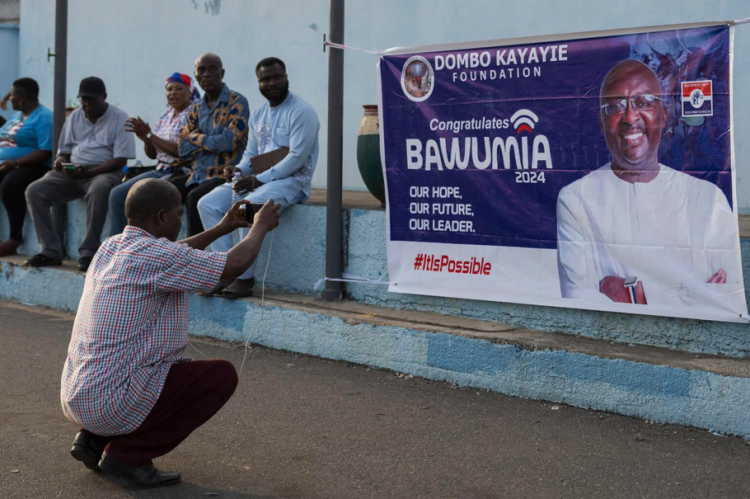
Support for outgoing President Nana Akufo-Addo and his ruling New Patriotic Party (NPP) has significantly declined during his second term, amid the country’s worst economic crisis in a generation.
Cost-of-living protests, alongside struggles in key industries like cocoa and gold, have further fueled public dissatisfaction.
Polls indicate that the call for change is shifting the presidential and legislative race in favor of opposition leader John Dramani Mahama and his National Democratic Congress (NDC), though voter patience with the political system is increasingly wearing thin.
“The country is ruined. I will vote but I don’t think it will change anything,” said 18-year-old high school graduate Emmanuel Kwaku Jr, who will be casting his ballot for the first time.
An October survey by the pan-African research group Afrobarometer found that 82% of Ghanaians felt the country was headed in the wrong direction and less than half expected change for the better in the next year.
“We have the trappings of democracy: we do the elections every four years, yet the dividends … are low,” said Abena Tekyiwaa Manuh, senior fellow of the Accra-based Centre for Democratic Governance (CDD). “That’s dangerous.”
Ghana’s commitment to two-term limits for presidents and largely peaceful transfers of powers has increasingly made it an outlier in a region swept by coups and constitutional shenanigans in recent years.
But whoever wins the election will be under pressure to deliver on campaign promises to improve the livelihoods of citizens, or the largely youthful population could begin to wonder if democracy is overrated, said Manuh and two Western diplomats.
“We see a lot of anger among the youth, a sense of hopelessness but also a sense of change. If that doesn’t happen at the elections, what will happen?” asked one of the diplomats, speaking on condition of anonymity.
“There is growing concern Ghana’s peace and democracy is fragile.”


































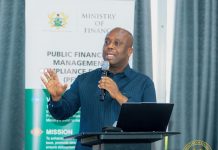
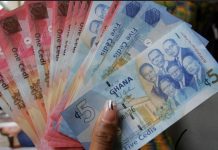
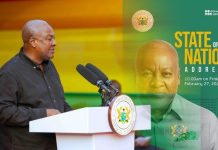





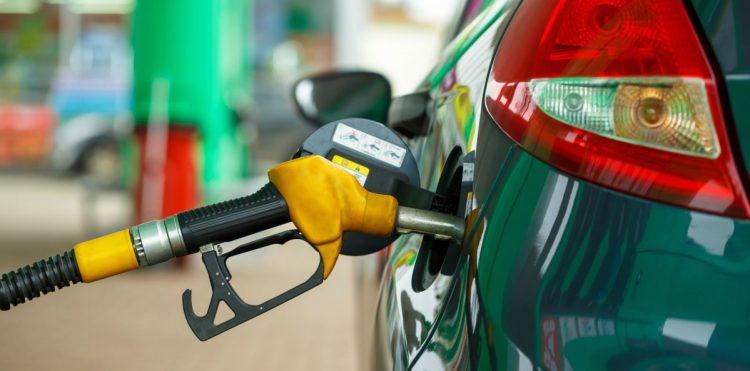













![[FREE FREE MONEY] Predict and Win a Guaranteed GH¢200 From Us EVERY WEEK](https://wordpress.ghanatalksradio.com/wp-content/uploads/2022/02/Predict-and-Win-Final-09-03-2021-218x150.jpg)
![[Predict & Win – 8th/Oct.] WIN A Guaranteed ¢200 From Us This Week](https://wordpress.ghanatalksradio.com/wp-content/uploads/2021/10/maxresdefault-16-218x150.jpg)
![[Predict & Win – 2nd] WIN A Guaranteed ¢200 From Us This Week](https://wordpress.ghanatalksradio.com/wp-content/uploads/2021/09/maxresdefault-50-218x150.jpg)
![[Predict & Win – 25th] WIN A Guaranteed ¢200 From Us This Week](https://wordpress.ghanatalksradio.com/wp-content/uploads/2021/09/maxresdefault-36-218x150.jpg)
![[Predict & Win – 18th] WIN A Guaranteed ¢200 From Us This Week](https://wordpress.ghanatalksradio.com/wp-content/uploads/2021/09/maxresdefault-23-218x150.jpg)


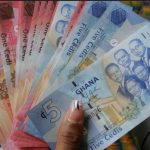




![[National cathedral] See full list of churches that have contributed since 2018](https://wordpress.ghanatalksradio.com/wp-content/uploads/2020/09/Ghana-National-Cathedral-GhanaTalksRadio-100x70.jpg)



![[Agenda 111] Chief of Staff will make project accountability difficult – Agbodza](https://wordpress.ghanatalksradio.com/wp-content/uploads/2021/08/Adaklu-Kwame-Governs-Agbodza--100x70.png)